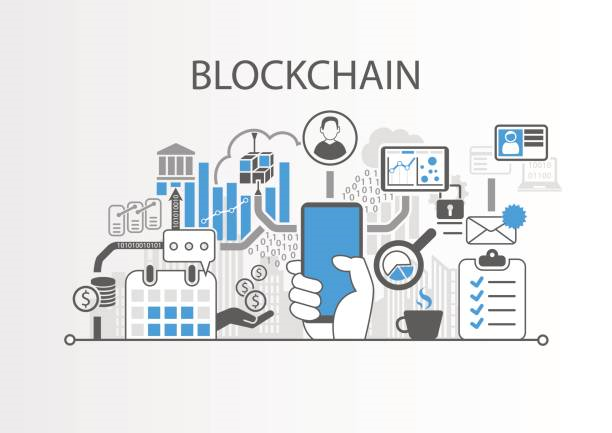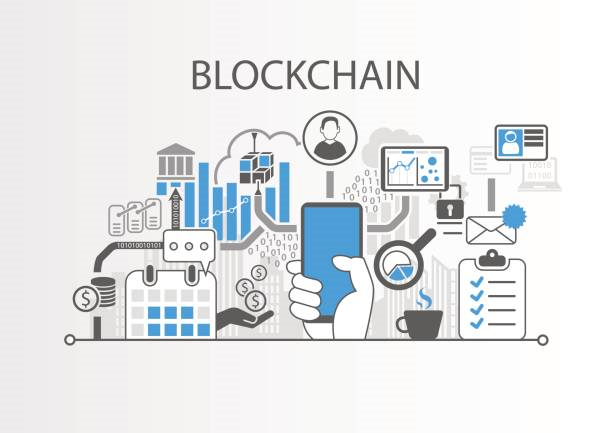The sharing economy relies on a distributed workforce, shareable assets, and peer-to-peer transactions and contracts. Uber and Airbnb are probably the most famous examples, allowing people to make money by sharing their homes and their cars.
Now blockchain technology is making it possible to earn money by sharing a whole new set of assets, such as compute power, storage capacity, and even personal data. Because so many more of us own computers than houses or vehicles, a greater number of people can participate.Companies in these emerging marketplaces handle payments through smart contracts and blockchain technology. This greatly lowers costs, improves trust and transparency with the community, and simplifies transactions at a global scale by making them near-instantaneous, even when distributing payments to thousands of digital wallets at once.
Here’s a look at 11 companies creating these digital sharing economies:
Compute sharing
Warsaw-based Golem, which calls itself an Airbnb for computers, rents out compute power. When your computer is idle, Golem puts its CPUs to work, paying you for the performance you deliver. Payments are all handled through the blockchain, with future plans to incorporate reputation tracking in the future. SONM, based in Moscow, and BOINC, in Berkeley, are other competitors in this space. (Note, though, that BOINC is purely used to voluntarily share compute to cure diseases, study global warming, and other scientific research projects, and sharers are not paid for sharing resources.)
Another company, Gladius, based in College Park, MD, runs a sharing network designed to soften the blow of DDoS attacks by offloading inbound DDoS traffic to desktop computers that share their bandwidth with the network. Desktop owners are paid via blockchain for the bandwidth Gladius uses, but they are able to set limits so their own systems are not overwhelmed.
Source/More: Blockchain is bringing the sharing economy to everyone | VentureBeat








![Amazon & Ripple [XRP] Partnership Could Be Monumental For Cryptocurrencies | Ethereum World News](http://ec2-35-172-7-154.compute-1.amazonaws.com/wp-content/uploads/2018/03/Buy-on-AMAZON-with-Bitcoin-This-is-the-future.jpg)










